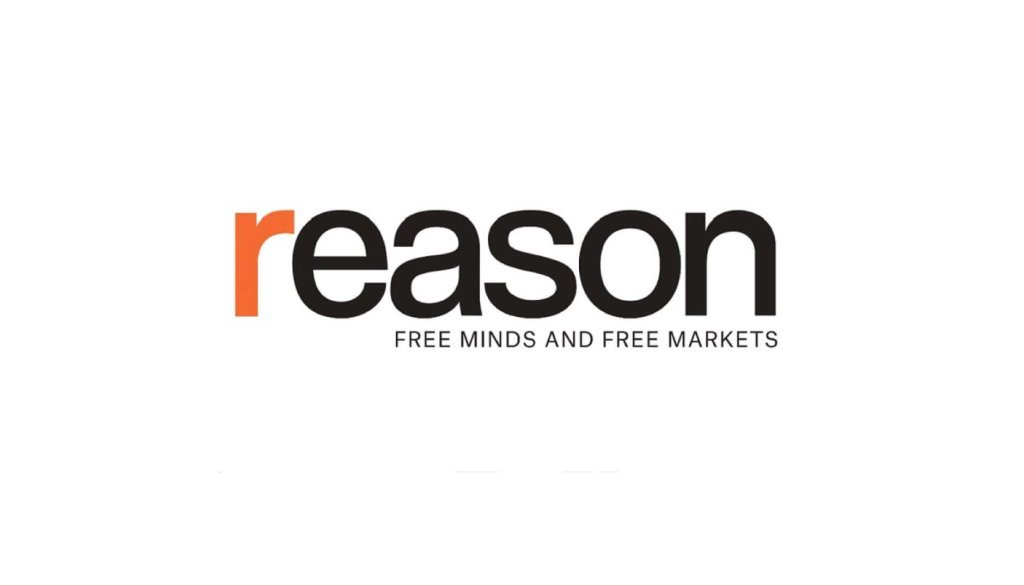Is the American Bar Association’s Accreditation Monopoly about to End?
For all practical purposes, the American Bar Association has a monopoly on law school accreditation. There is, at present, no other entity approved to accredit law schools, and the vast majority of states require graduation from an ABA-approved school in order to take the bar exam.
The ABA’s de facto monopoly may explain why the organization has been able to impose ever-increasing (and often quite costly) requirements on law schools without ever really demonstrating that these requirements enhance educational outcomes, benefit students, or create better lawyers. It has also enabled the ABA to impose pressure on law schools to embrace progressive priorities, race-conscious admissions in particular (not that most law schools would resist).
There is increasing unhappiness with the ABA, and other accrediting institutions. Storm clouds are brewing at both the state and federal level. But will this pressure produce any change? I explore these issues, and possible reforms, in my latest column for Civitas Outlook. Here’s a taste:
As the cost of legal education continues to rise and technological changes threaten to transform the delivery of legal services, the ABA’s de facto
Article from Reason.com

The Reason Magazine website is a go-to destination for libertarians seeking cogent analysis, investigative reporting, and thought-provoking commentary. Championing the principles of individual freedom, limited government, and free markets, the site offers a diverse range of articles, videos, and podcasts that challenge conventional wisdom and advocate for libertarian solutions. Whether you’re interested in politics, culture, or technology, Reason provides a unique lens that prioritizes liberty and rational discourse. It’s an essential resource for those who value critical thinking and nuanced debate in the pursuit of a freer society.




